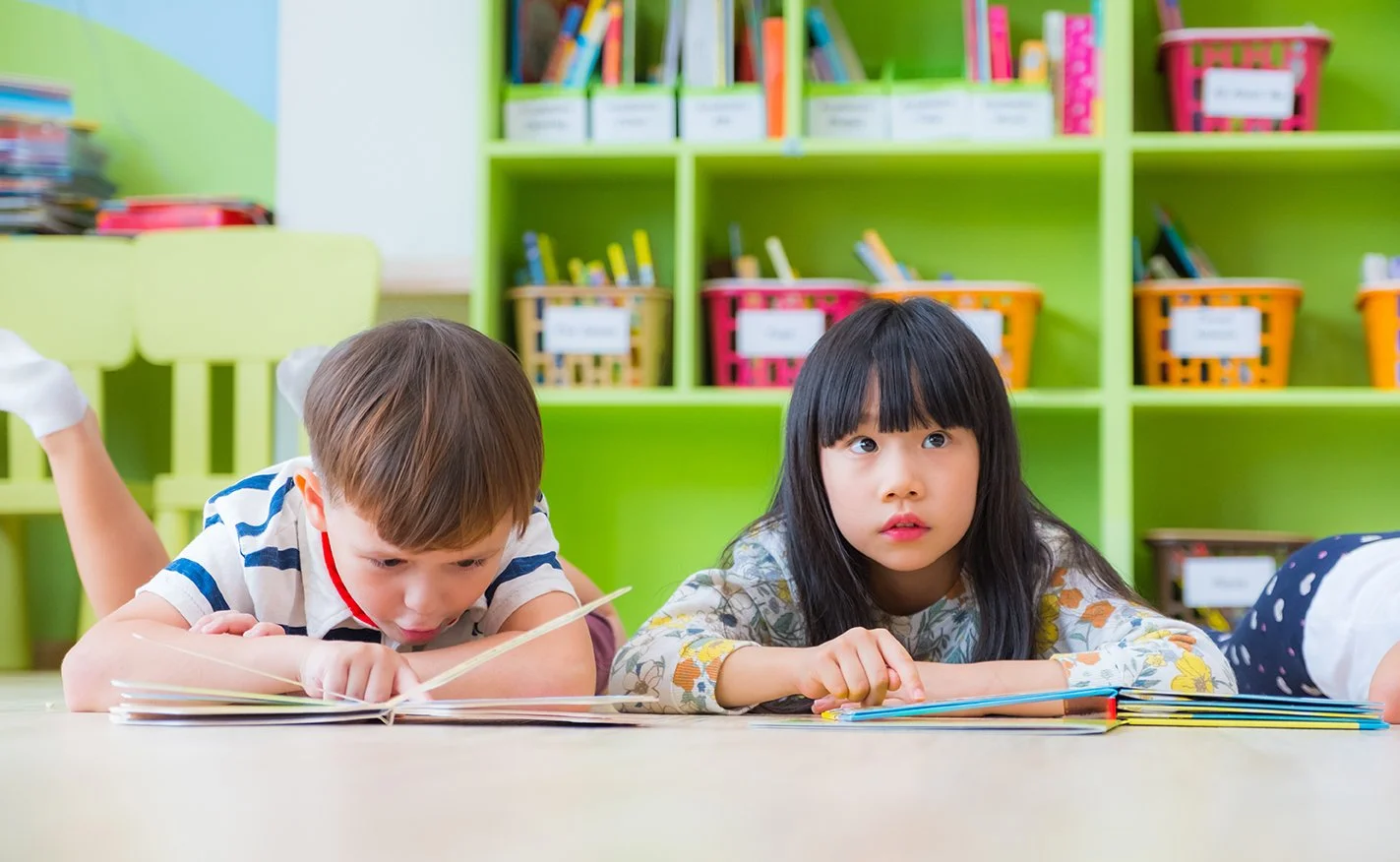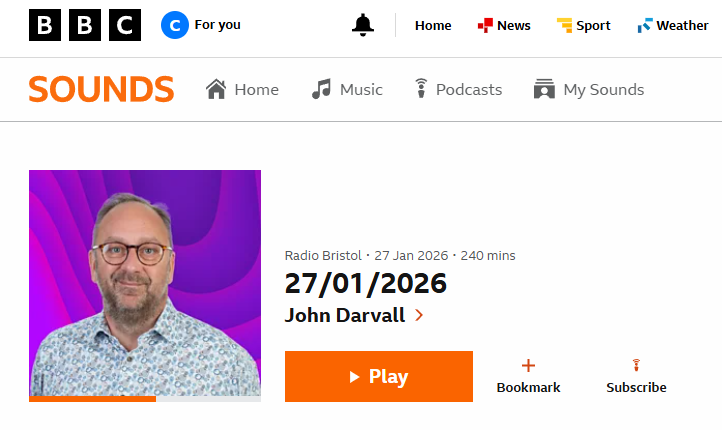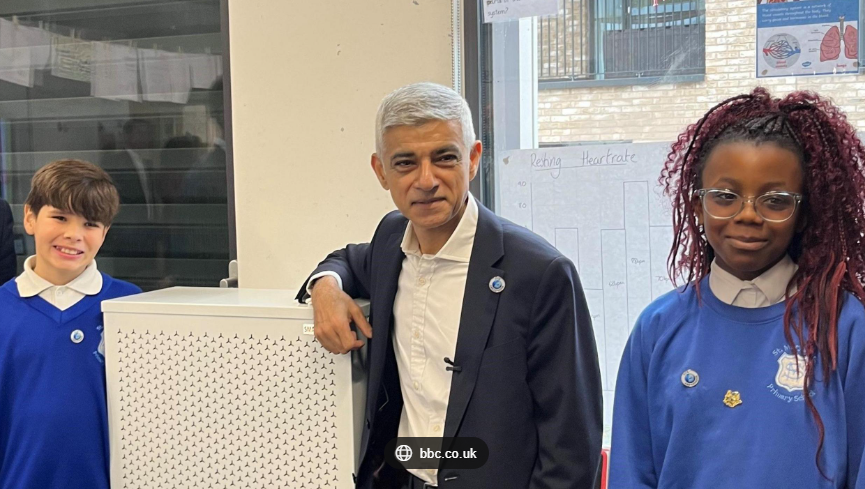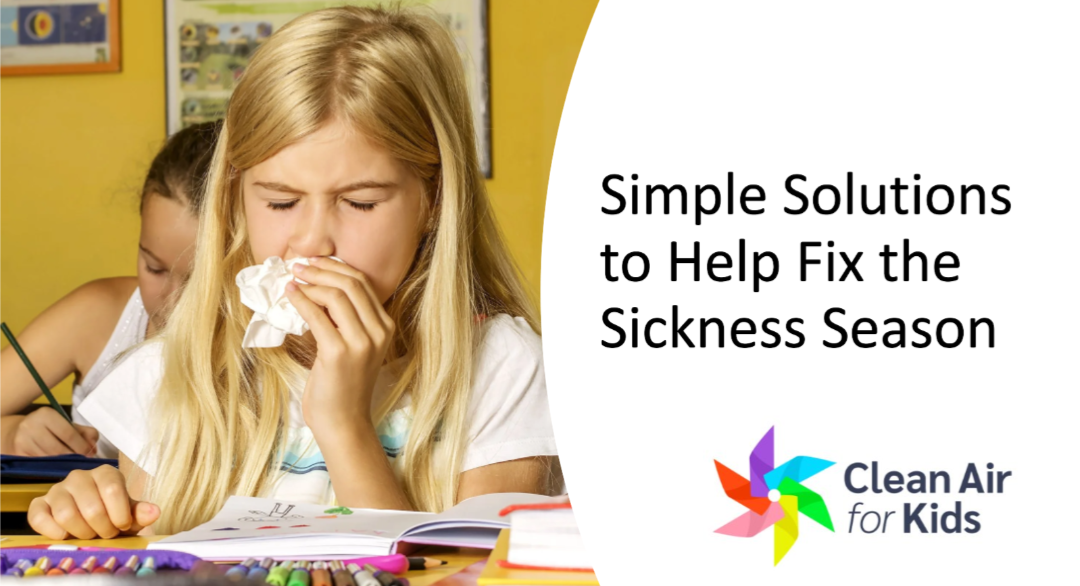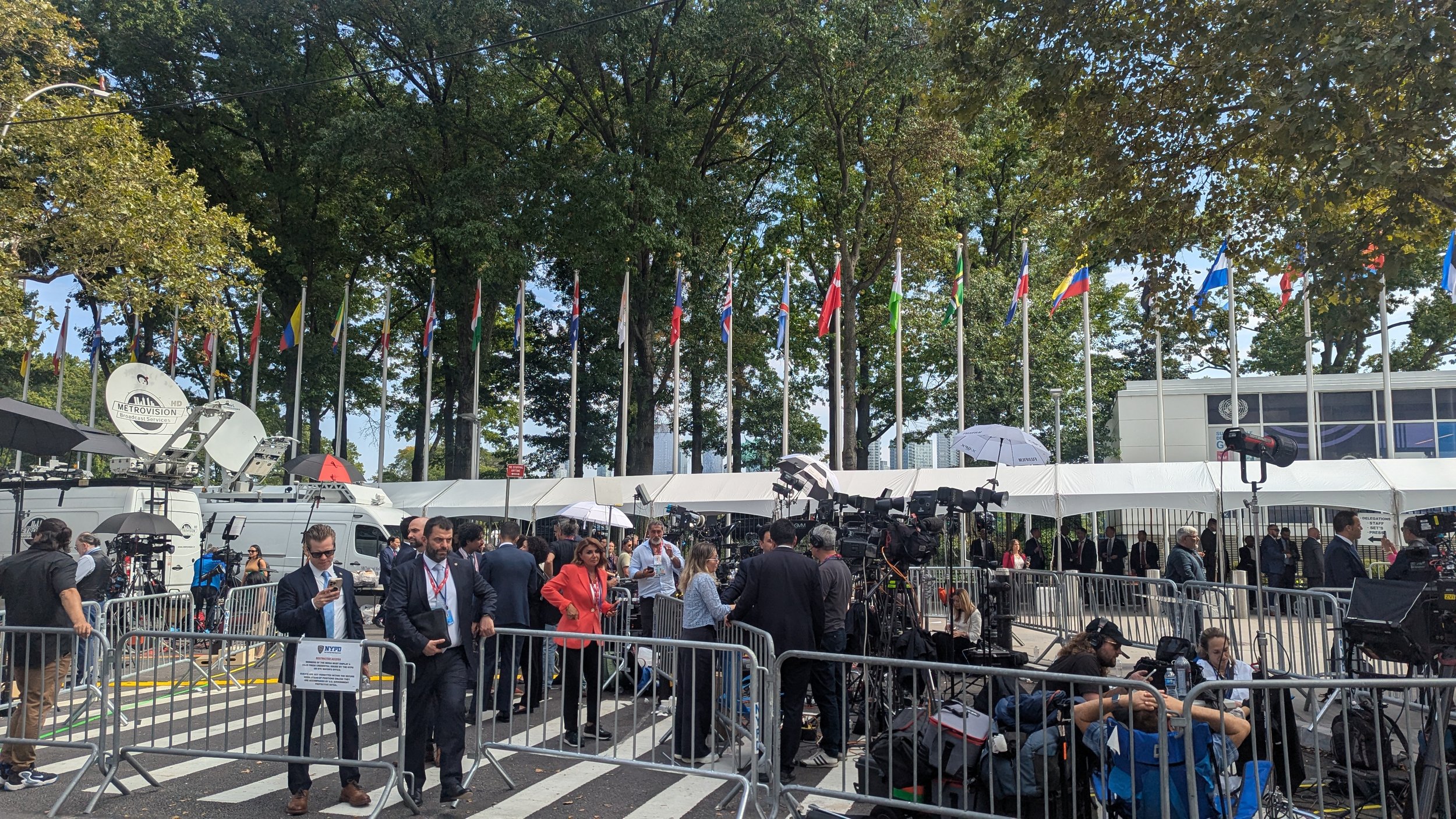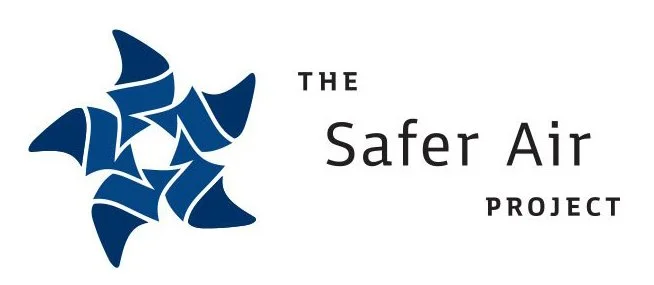
We wouldn’t let our children drink dirty water, why are we letting them breathe dirty air?
Five Direct Benefits to Schools
Cleaning the air in schools will reduce sicknesses absences for pupils and staff, helping schools meet their targets and children to learn.
Reduced sickness absence
Cleaner air will bring better teaching, better learning and better exam results.
Improved performance
Less teacher sickness reduces costs of supply teachers, money which could be spent on enrichment.
Saving money on supply teachers
With less teacher sickness, fewer lessons will be taught by supply teachers, giving pupils a better learning experience.
A better learning experience
Reduced sickness levels in schools means less onward transmission into families, which helps the economy and the NHS.
Less sickness for parents
We drink two litres of water and breathe in 11,000 litres of air every day. We all expect to drink clean water and eat healthy food, so why are we neglecting air quality?
Bringing Clean Air to the Kids of Bristol and Beyond
All parents joke about schools being “germ factories” and how everyone seems to be coughing by October, several weeks in to the autumn term. Sickness and time off work are an unwelcome outcome for many families when the kids return to school.
What if there was something we could do?
Well, there is. We need to clean the air that our kids are breathing.
Hello. My name is Ruth Brooker; I’m a mum to two boys, living in Bristol, and I have learnt about the harm that breathing dirty air can do to our health and our performance.
I became aware of the problem with indoor air when my little son was going through cancer treatment. How could I help him access his classroom when chicken pox, strep A, Covid-19 and flu were in high circulation?
So I started learning and talking to experts.
Importantly, I discovered how urgent it is, for everyone, not just kids in schools, to breathe clean air. It's a problem that's been hiding in plain sight for too long.
By simply adding an air filter to each classroom and regularly opening windows, we could significantly reduce the number of coughs, colds, and Covid-19 infections that our kids catch at school. It would also increase attendance and improve their concentration.
And it’s cost-effective too. Schools could provide safer air per child per year for the price of a coffee & cake.
So now I’m on a mission: to bring clean air to the kids of Bristol – and beyond, because of course, if we can make it happen in Bristol, we can make it happen anywhere.
Will you help?
Ruth
Benefits of Cleaner Indoor Air
Outside of their homes, children spend most of their day in densely populated classrooms. Compared with adult office spaces, schools have four times the amount of occupants.
Look at this image of two air filters, one used and the other new. The dirty one has collected all the muck that otherwise would have been breathed in by a child in a classroom. It’s scary, isn’t it? That could all be in your child’s lungs.
Improving air quality in schools will not only reduce absence rates and protect children’s health and well-being; there is evidence that it will also sharpen concentration and enhance educational performance.
Harms of Dirty Indoor Air
It is now well understood that air pollution outside, is a problem. But did you know that indoor air can be up to five times more polluted?
The pollutants that can be present in our indoor air include invisible nasties such as mould, fungal spores, pollen, bacteria and airborne viruses like measles, flu and Covid-19.
Breathing poor quality air is a well-known risk to children’s immediate and long-term health. It exacerbates existing respiratory conditions, such as asthma, and also affects how well young people can perform in exams.
Inspiration Station (what’s happening where…)

Our Vision is to provide cleaner indoor air to benefit the health of all children
Ventilation
Opening windows lets stale indoor air out and the external air flow in
Filtration
Removing particulate matter and pathogens from the room air using air filters
Legislation
Campaigning for better standards for indoor air quality
Do you want Clean Air for Kids in Schools?
If you support our campaign for clean air for kids in schools, please send us a message.
If you want to learn more about the benefits and the solutions, please get in touch.
If you want to help, fill in the form and tell us.
And if you want to advocate for better quality air in your own child’s school, we’d love to hear from you. We can help!






